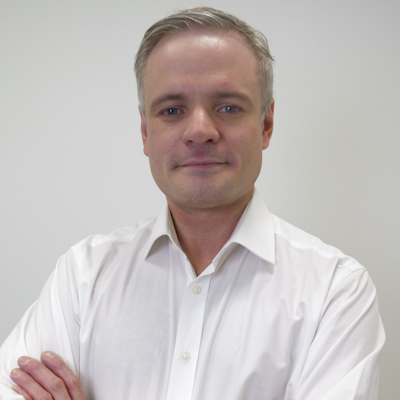A record 12.9 million people are eligible to vote in the general election in the Netherlands on 15 March. It’s being watched across the world because it could herald another shift to populism in the wake of the Brexit vote and the election of US president, Donald Trump. The fact that the Netherlands is an EU country makes it all the more interesting, coming ahead of key elections in France and Germany later this year. Will the EU manage to hold course following the Brexit blow, or will populists make gains that could threaten the future of the bloc or its single currency?
The Netherlands is a parliamentary democracy. The parliament consists of two chambers: the House of Representatives and the Senate. General elections for the House of Representatives are held at least every four years. The electoral system is proportional representation, whereby parties gain seats in proportion to the number of votes cast for them. That means there is a plethora of parties that contest elections and the resulting government is a coalition. A majority coalition in the House of Representatives requires 76 seats out of the 150 seats available.
The number of political parties taking part in the Dutch elections is very high this year. Out of the 81 parties that registered with the Electoral Council in December last year, 28 parties have been placed on the voting list. Of these, 11 parties already hold a seat in the House of Representatives.
This means it will be even more challenging to form a majority coalition, and there’s already plenty of speculation about which parties will try and form a government and which will go for opposition.
Outside the traditional parties which have appeared on the election list for many years – the People’s Party for Freedom and Democracy (VVD) headed by current prime minister, Mark Rutte, the Labour Party (PvdA), Party for Freedom (PVV), Democrats 66 (D66), GreenLeft (GL) and Socialist Party (SP) – a large number of new parties have entered the arena. These include DENK, De Ondernemerspartij, Artikel 1 and VNL. These new parties are often striving for a specific ideology and in many cases the leaders of these parties have broken away from the old traditional parties.
In order to gain a seat in parliament, a political party needs to obtain a minimum number of votes. This is known as the electoral quota and is the overall number of votes cast for all the candidate lists divided by the 150 seats in the House of Representatives.
The most recent opinion polls have put Geert Wilders’ populist and nationalist PVV marginally in the lead, although his lead appears to be slipping as the vote nears. Rutte’s VVD is close behind. However, the prime minister’s current coalition government partner, the PvdA, is lagging behind and is currently on course to win about 11 seats compared with the 38 seats it won in 2012. The other traditional parties appear to be at about a similar level.
Almost all parties have ruled out forming a coalition with Wilders. This would exclude Wilders from becoming prime minister and also exclude his PVV party from the future Cabinet. Wilders has said this would be a complete disaster for Dutch democracy, neglecting millions of Dutch voters. However, it wouldn’t be unprecedented – in 1977, the PvdA won the most seats but it was excluded from government as the two parties winning the next most number of seats went on to form a coalition.
The problem for any party trying to form a coalition this time round is the vote is set to split more than ever. As a consequence any majority coalition may well require at least five parties. This makes government more difficult as the likelihood of dispute and friction between coalition partners is increased. Forming a new Cabinet could be a prolonged process. Rutte’s current cabinet took 54 days to put together, but most likely this election will tilt more towards 2003 and 2010 where it took over 120 days to reach an agreement. Given the stakes, it would be unwise to rule Wilders’ PVV out of being a part of the next cabinet.
If Wilders does emerge as the biggest winner from the elections, and even if he doesn’t become prime minister in the Netherlands, this will only fuel the confidence of other populist parties in the EU. Most notably the National Front of Marine Le Pen in the French elections in April and May.
Both Wilders and Le Pen are radical opponents of the EU and both have indicated an exit if their parties form a government. That threatens the bloc as a whole and the euro.
There’s still a long way to go before the Dutch election is settled. There are extreme divisions and there are a high number of ‘swing’ voters who will choose their party at a very late stage.
There’s also a lot of jostling going on and allegiances being suggested ahead of the coalition talks. Rutte says he would prefer a centre right coalition with VVD, the Christian Democrats (CDA) and D66. GroenLinks leader Jesse Klaver, meanwhile, is trying to seek support from the PvdA and the SP to form a left wing government.
Television debates could play a key part in the outcome of these elections. So far, Wilders has refused to participate in electoral debates, but has confirmed he will appear in the last two debates a couple of days before the elections. Those undecided between VVD and PVV will get their chance to form an opinion on 13 March when Rutte and Wilders at last face off against each other on TV.
































































